Feature
Beyond the Glass Pavilion: Douglas Boyd’s Garsington
Share this
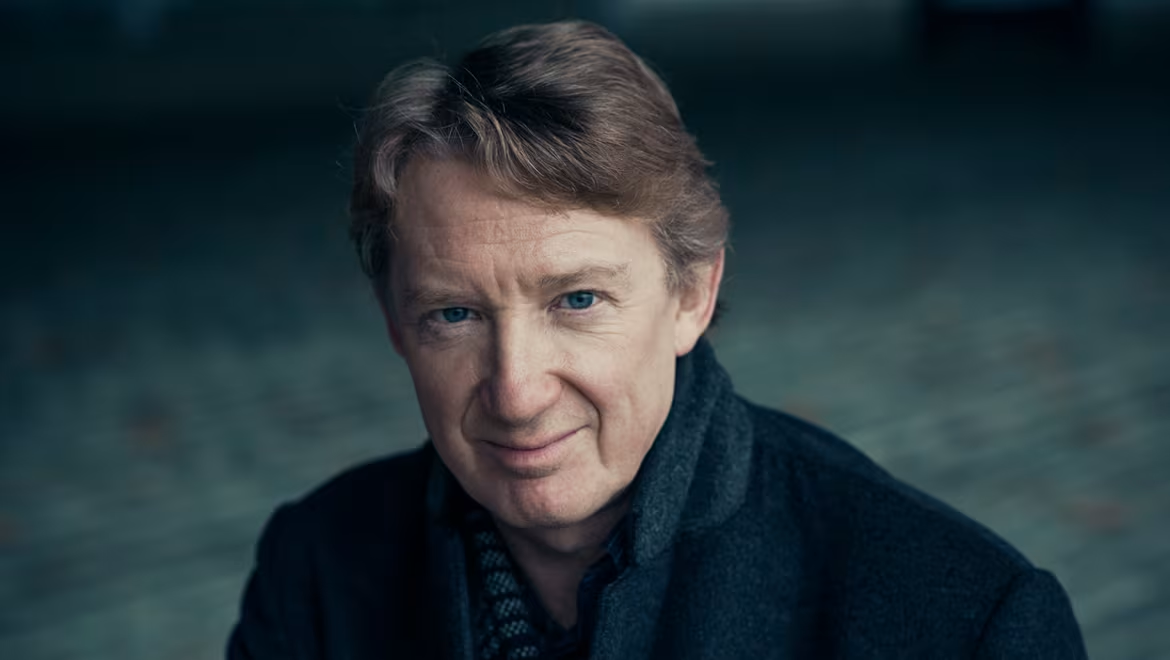
BY SIMON MUNDY | FIRST PUBLISHED 22 JUN 2025
In the 2010s, a small pattern developed of English country house opera festivals not staying where they had been put. Grange Park Opera moved from The Grange in Hampshire to the estate of the academic and former University Challenge presenter, Bamber Gascoigne, in Surrey, though the original location still has a festival (see my recent interview on this site with Michael Chance). And Garsington Opera moved from the village of Garsington in Oxfordshire to the Wormsley estate of the Getty family, near High Wycombe in Buckinghamshire. For the last ten years, since it moved, Garsington’s Artistic Director has been Douglas Boyd, once recognised as one of Europe’s finest oboe players, but since 2002 devoted completely to conducting.
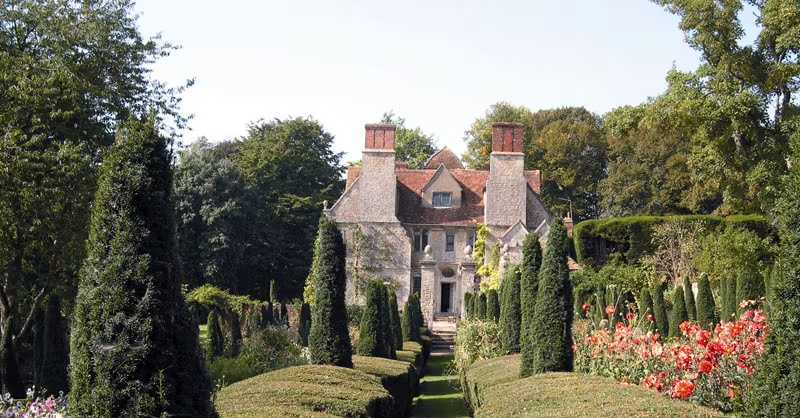
Boyd explained how the change came about. ‘I had come to the old Garsington as a guest to conduct Fidelio and Figaro in 2009. I came back in 2011, and we had already moved to Wormsley in 2012. The old environment was in a lovely garden, but it had its issues, not least with neighbours who did not want opera there. After the house’s owner, Leonard Ingram, died, it had to look for a new venue. Mark Getty at the Wormsley estate was approached, and the Board asked me to be Artistic Director. The changes over that time have been unbelievable: it’s so much better. We now have the world’s only glass opera house.’

For the final 20 years of the last century, Douglas was the principal oboe (and a founding member) of the Chamber Orchestra of Europe, and he feels that experience still plays an important role. ‘What struck me from the beginning was that Garsington had something of the ethos of the Chamber Orchestra of Europe (COE) – the idea that we should play every performance as if it’s going to be our last.’ For the later operas, he has the Philharmonia Orchestra in the pit but for 17th- and 18th-century repertoire, he engages the period instrument ensemble, The English Concert.
‘My background was not in the period instrument movement, but for 20 years in the COE, I was playing for conductors like Harnoncourt, Bruggen and Norrington, so I was steeped in the knowledge of historical performance practice. Harnoncourt hated the word “authentic.” He wanted a sound that is relevant today. I’m on the recording of Fidelio that he made, and it hit me like a lightning bolt. With The English Concert, we wanted to expand the sound world, but also our repertoire range backwards into Monterverdi and Rameau.’
Handel’s Rodelinda: An introduction from director Ruth Knight
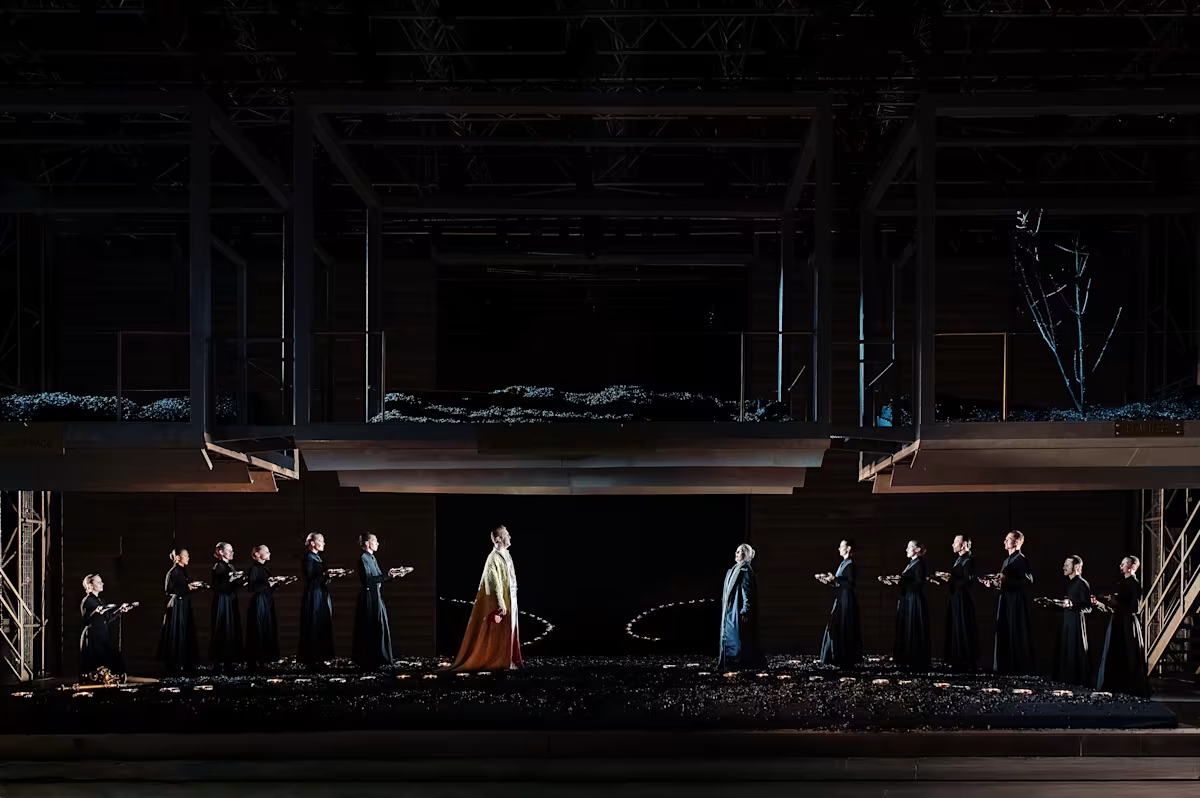
The 2025 Baroque offering is a new production by Ruth Knight of Handel’s Rodelinda in its tricentenary year, with Lucy Crowe in the title role and Peter Whelan conducting. ‘It’s at the heart of The English Concert’s repertoire and its recording with Harry Bicket also has Lucy Crowe. We’re using the edition Peter Jones made for that.’
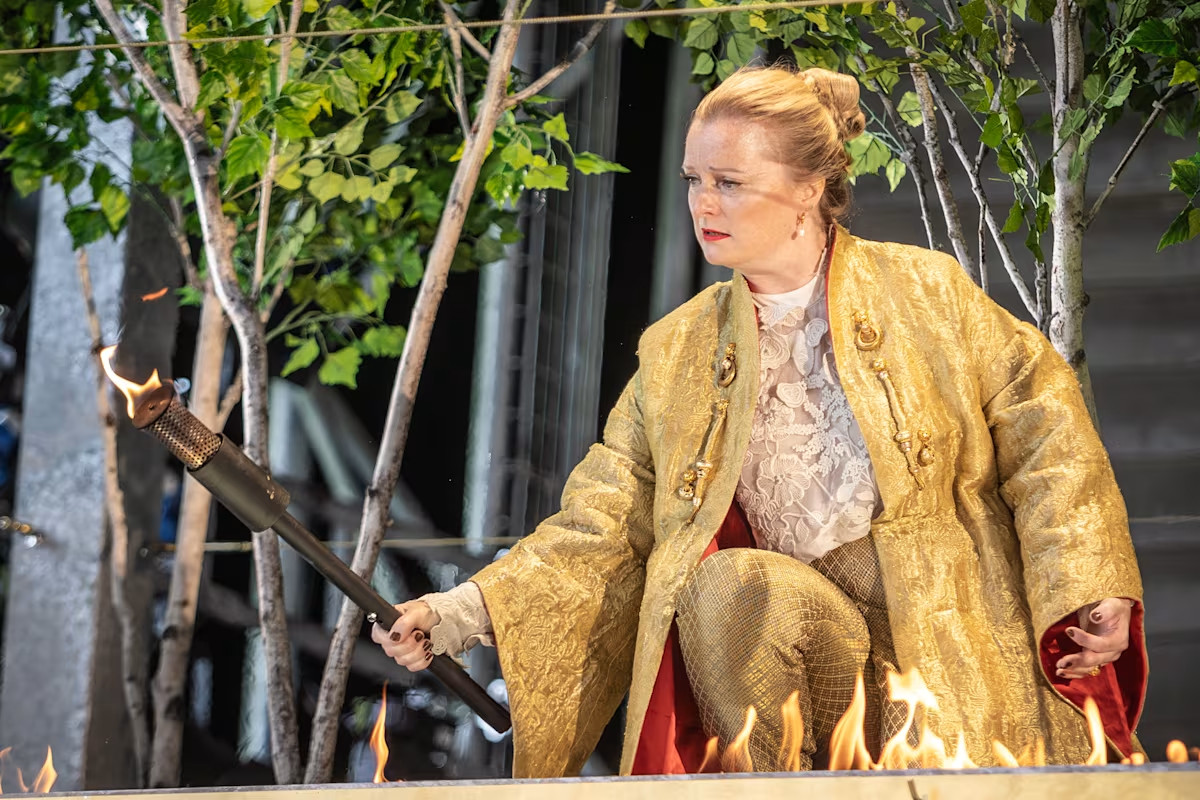
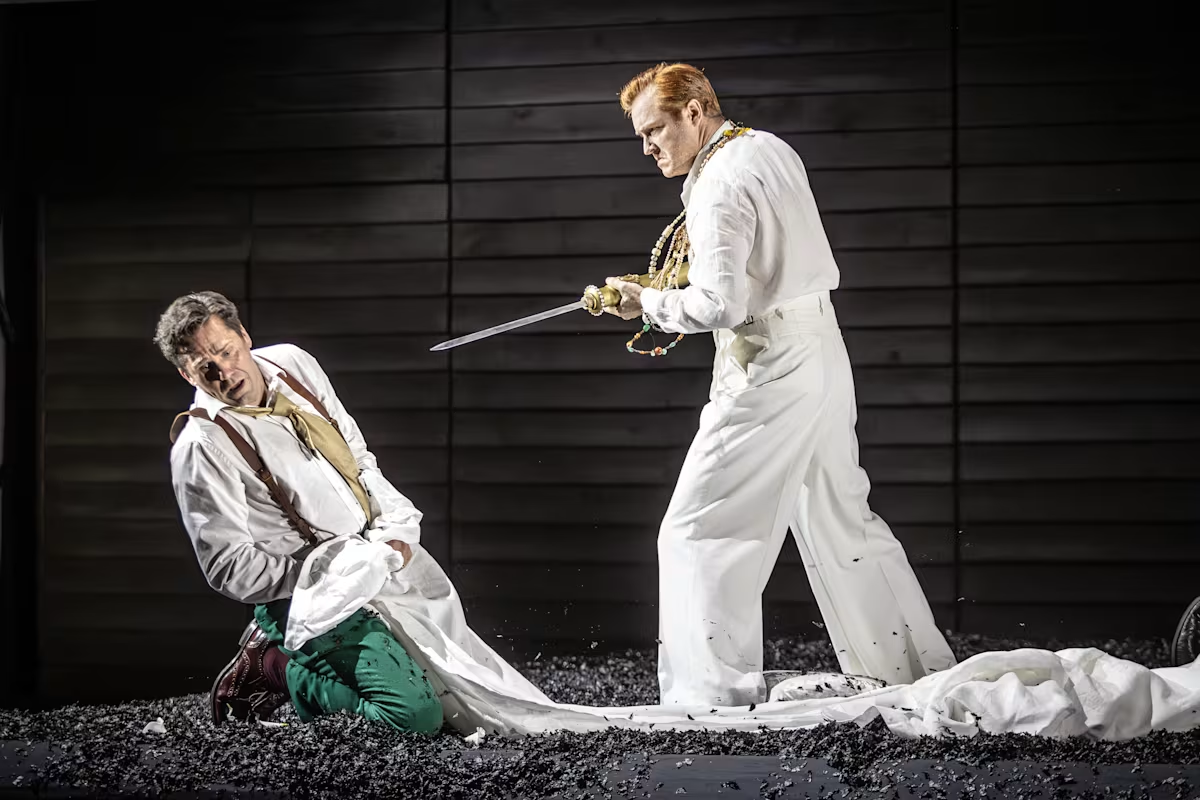
Boyd is conducting two of the season’s operas: Tchaikovsky's The Queen of Spades and Beethoven’s Fidelio. The Philharmonia play for the Tchaikovsky, but he has period instruments for the Beethoven. ‘Fidelio’s date (1805) is right on the edge for The English Concert, but it allows a reevaluation of the score. Some of the techniques, such as the sforzandi, are hard for a modern-instrument orchestra but they are second nature for The English Concert. In Fidelio, I use my own parts – very marked up like Harnoncourt’s were – which Bärenreiter keeps for me. With Beethoven, with all his dashes and dots, the idea of there being an urtext is very dangerous. Everything is an interpretation. There is no Beethoven Bible.’
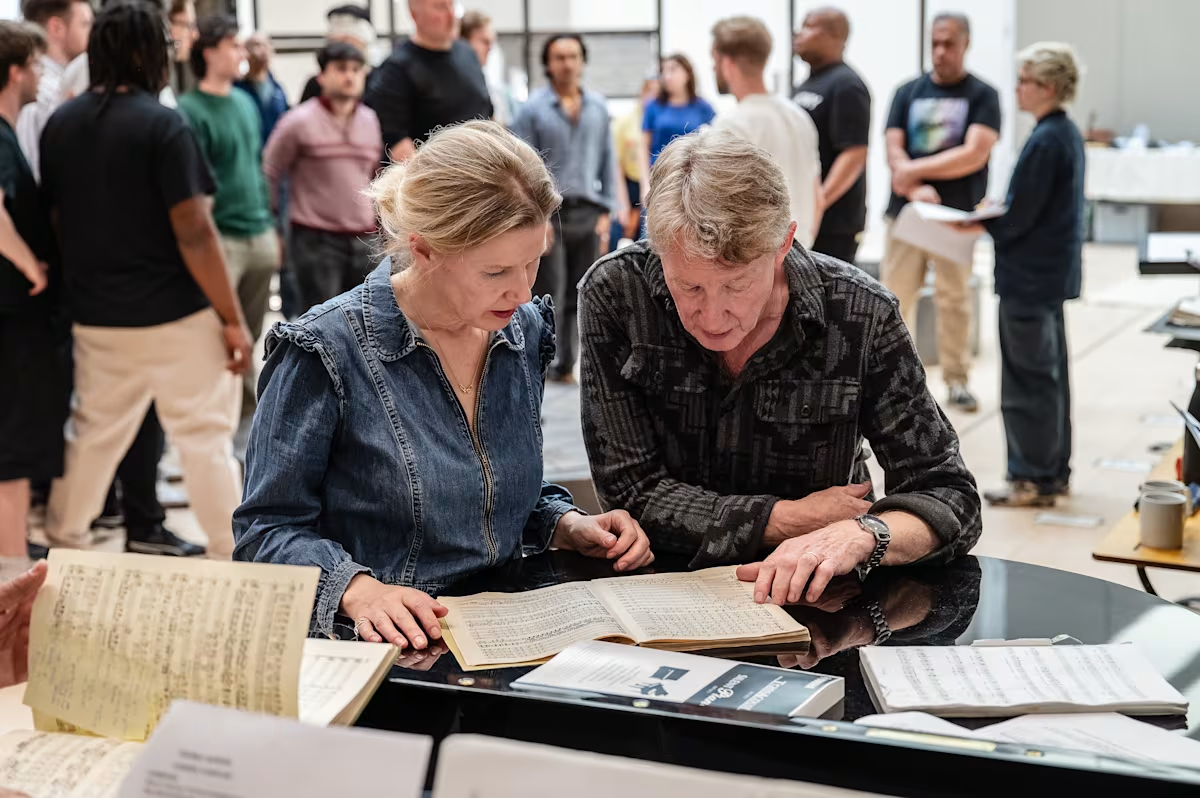
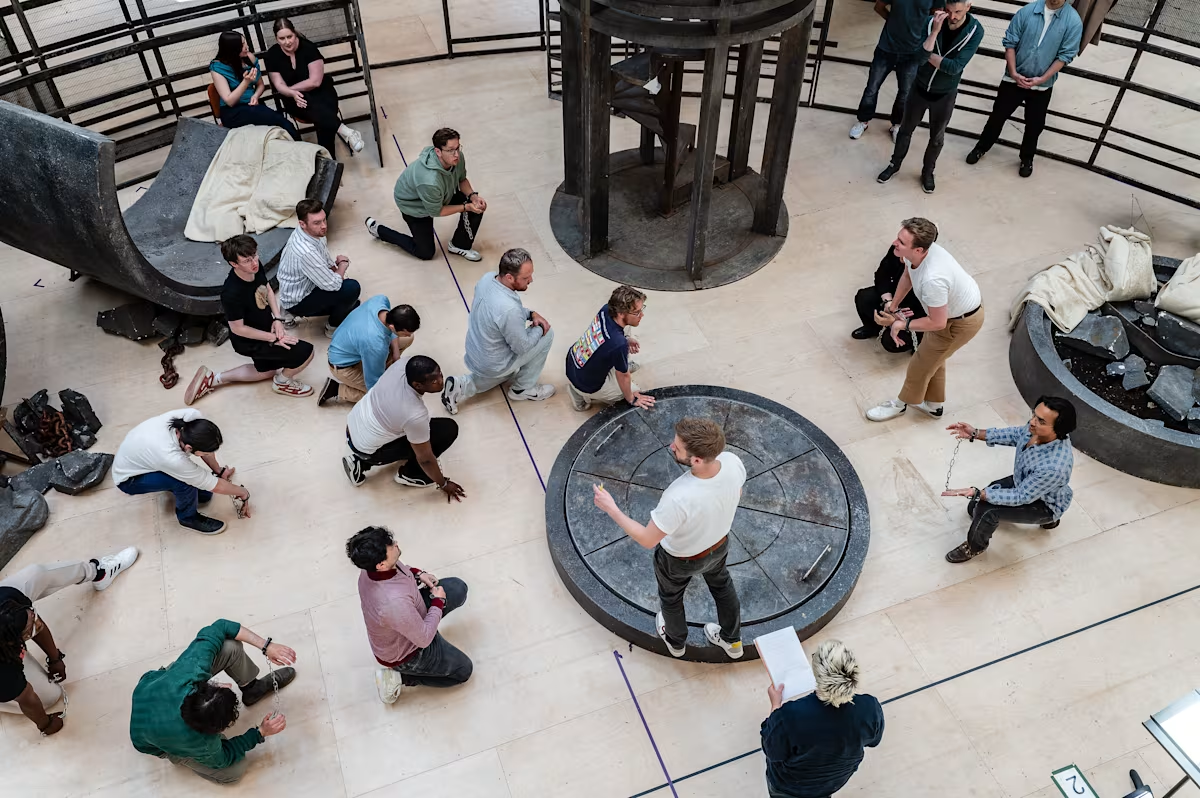
This is not the first time he has brought this production to the Garsington company. ‘This is the third time we’ve brought back John Cox’s staging since 2009. We do only one revival each year, but it has to be a production which has been a success. John is 90 now, but he is coming to a lot of the piano and stage rehearsals, and I talk to him most weeks.’ The detailed directing of the revival has been entrusted to Jamie Manton. ‘Garsington is the right size house for almost anything. We only have 605 seats, but with a large pit and stage, so you can go from Rodelinda to The Queen of Spades, via Fidelio, and it still feels intimate. Everyone in the audience is engaged with the stage. If you’re in the back row, you can still see an eyebrow move.’
This year the estate has opened its multi-million-pound studio facilities buildings, which are revolutionising work conditions for the opera season’s performers, but also providing a huge uplift in opportunities for the Buckinghamshire community. ‘Our studios,’ Douglas says proudly, ‘were originally going to be for rehearsal space. That was the initial impulse. In the event, we have two studios and a chorus room as well as offices, accommodation, a canteen etc. It’s developed into a much bigger vision. We can host our Go Participate programme all year round. Our community chorus are staging Gilbert & Sullivan in the winter, and we can do a big community opera every two years. The studios will generate income, too – from conferences to BBC TV productions.’ The first commercial recording to be made there, of Chopin Piano Sonatas played by Benjamin Grosvenor, has been released on Decca recently.
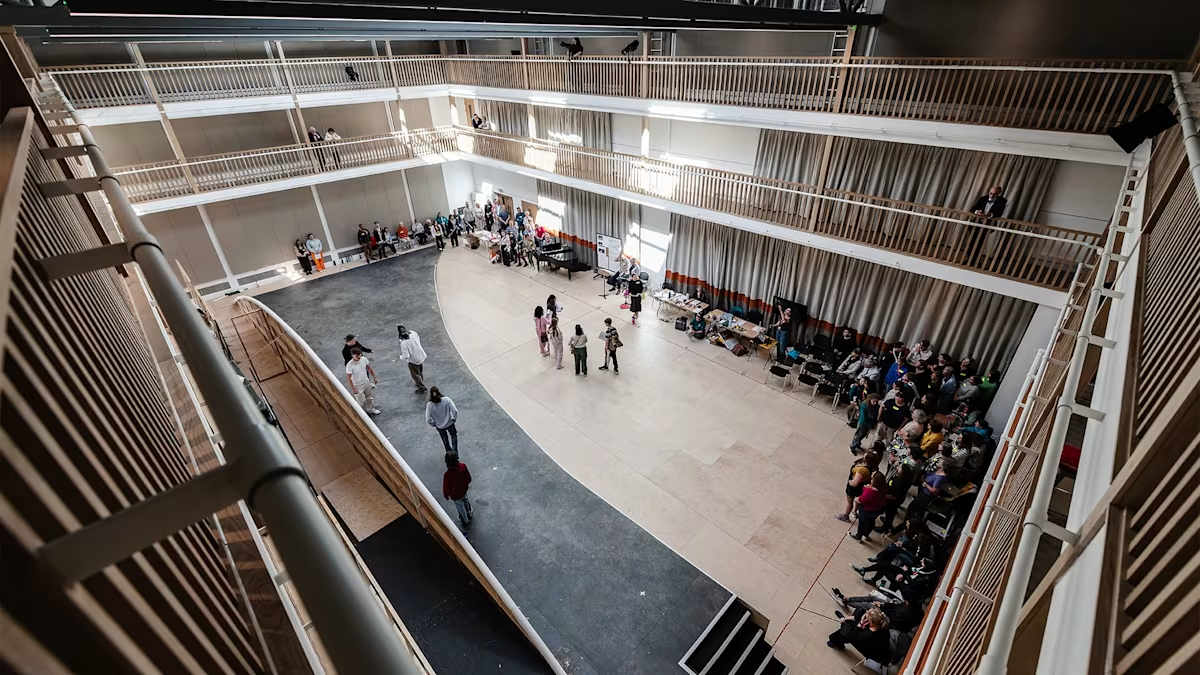
Douglas is keen to emphasise that Garsington does not just offer opera in delightful surroundings for audiences in dinner jackets; it has an important role in training the coming generation of singers and opera professionals. ‘Within the opera company, we have our Pathways programme, for singers, actors and backstage people wanting to get into the business. Our chorus is our Emerging Artists programme. It has 20 places which offer an incredible amount. The singers cover all the roles, and they do get on stage. There are masterclasses, and even talks about tax. It’s a crucial stepping stone for one or two years.’
Music does not dominate life at Wormsley completely, though. ‘As well as the opera at Garsington,’ Douglas points out, ‘the estate has a full cricket season on one of the most beautiful grounds in the country, just across the road from the opera house.’ He admits the cast have not fully transferred their skills from the stage to the pitch. ‘I think we’ve only had one musicians’ match: Garsington Opera vs the Royal Opera House.’ Who won remains shrouded in the memory.
Catch Handel’s Rodelinda at Garsington Opera until 19 July, and Beethoven’s Fidelio between 27 June & 22 July.
Share this
Keep reading
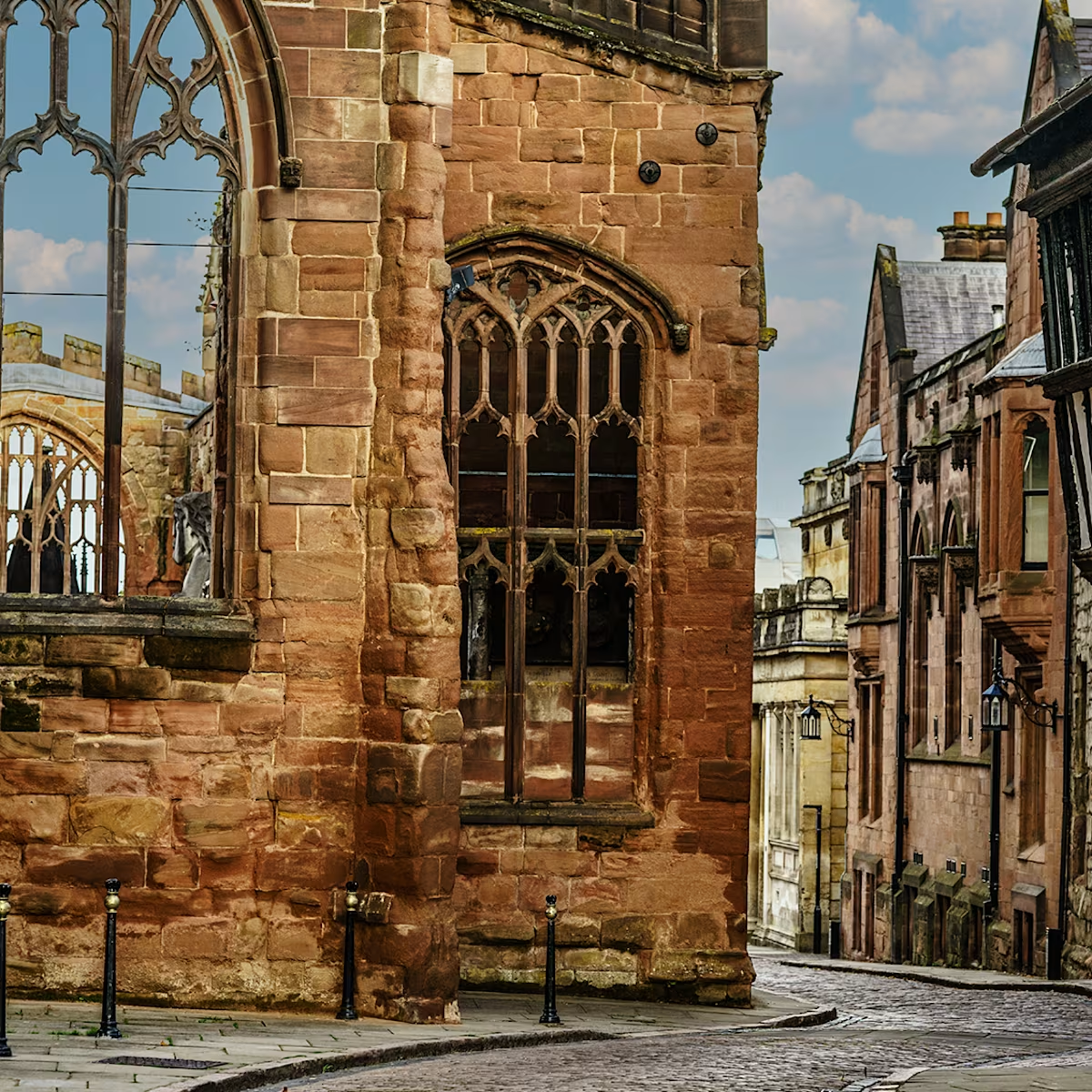
Historical performance in a virtual space
In September 2025, the Aural Histories project (funded by the Arts and Humanities Research Council) launched Aural Histories: Coventry.
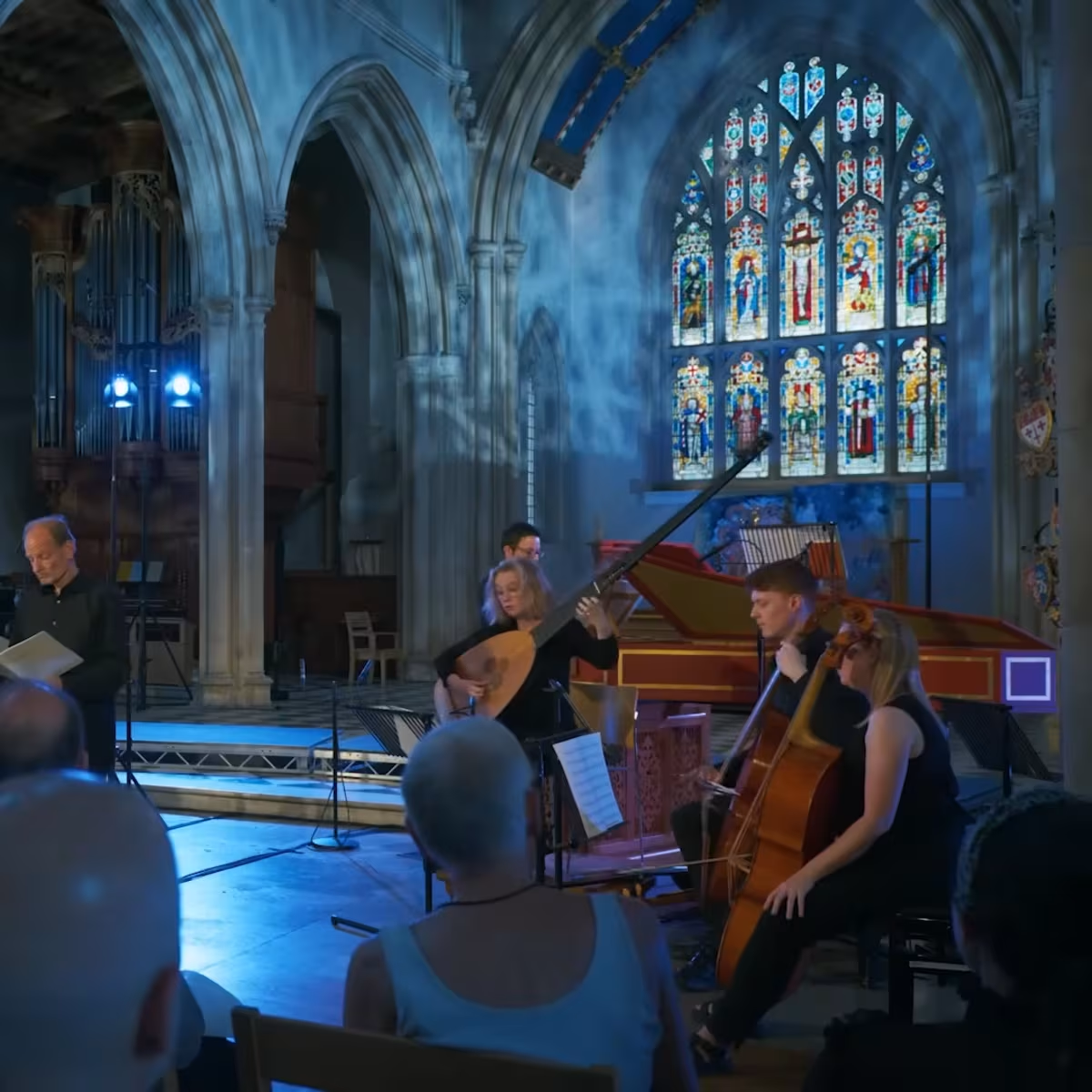
Spiritato with Elizabeth Kenny | Music to her Majestie: Odes for the last Stuart
On Queen Anne’s birthday, we share Spiritato and lutenist Elizabeth Kenny’s musical portrayal of the last Stuart and her lifelong patronage of the arts.
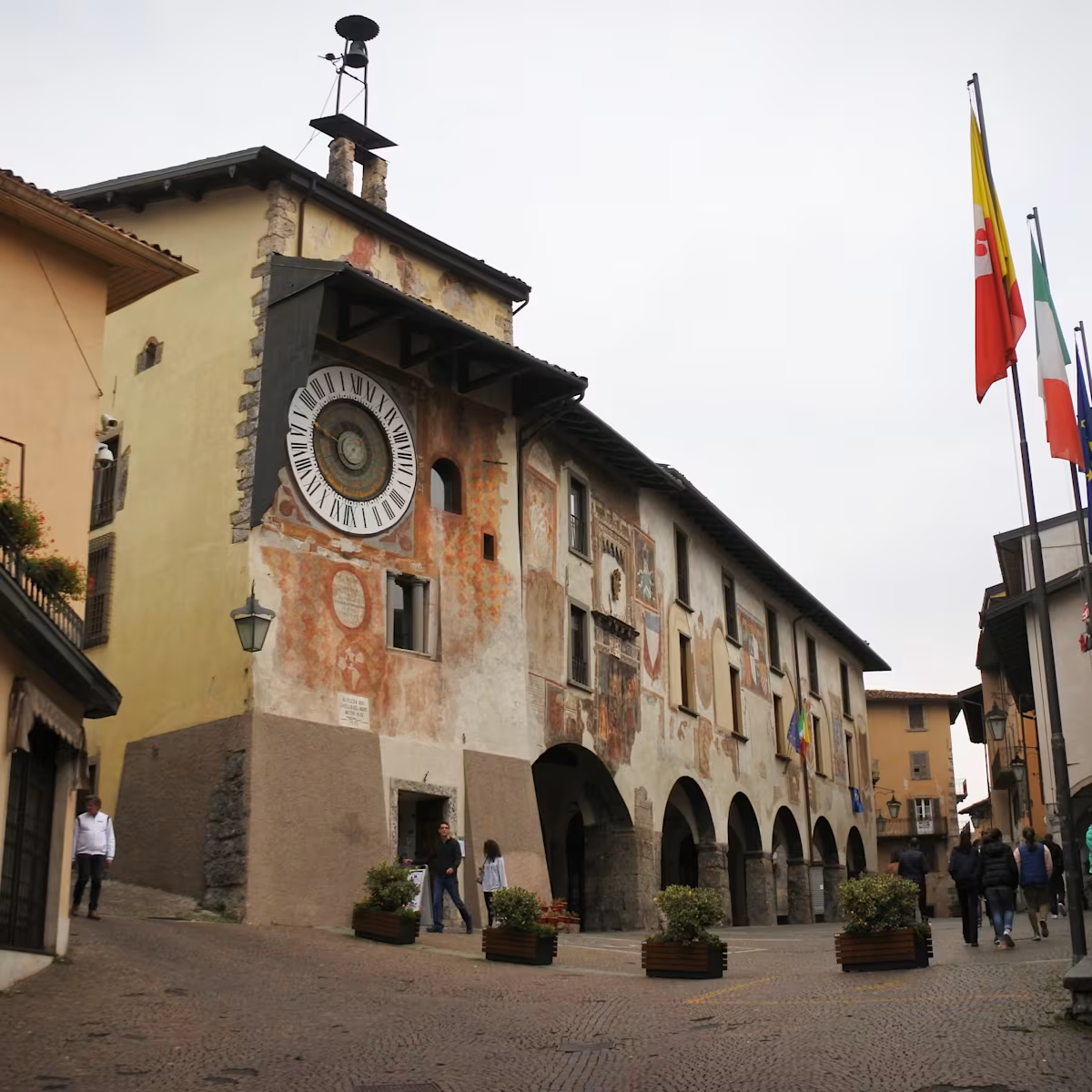
Legrenzi: A forgotten genius full of surprises
In the town of his birth, the Musica Mirabilis ‘Giovanni Legrenzi’ Festival revives the legacy of a composer who links Renaissance polyphony with Baroque drama.


